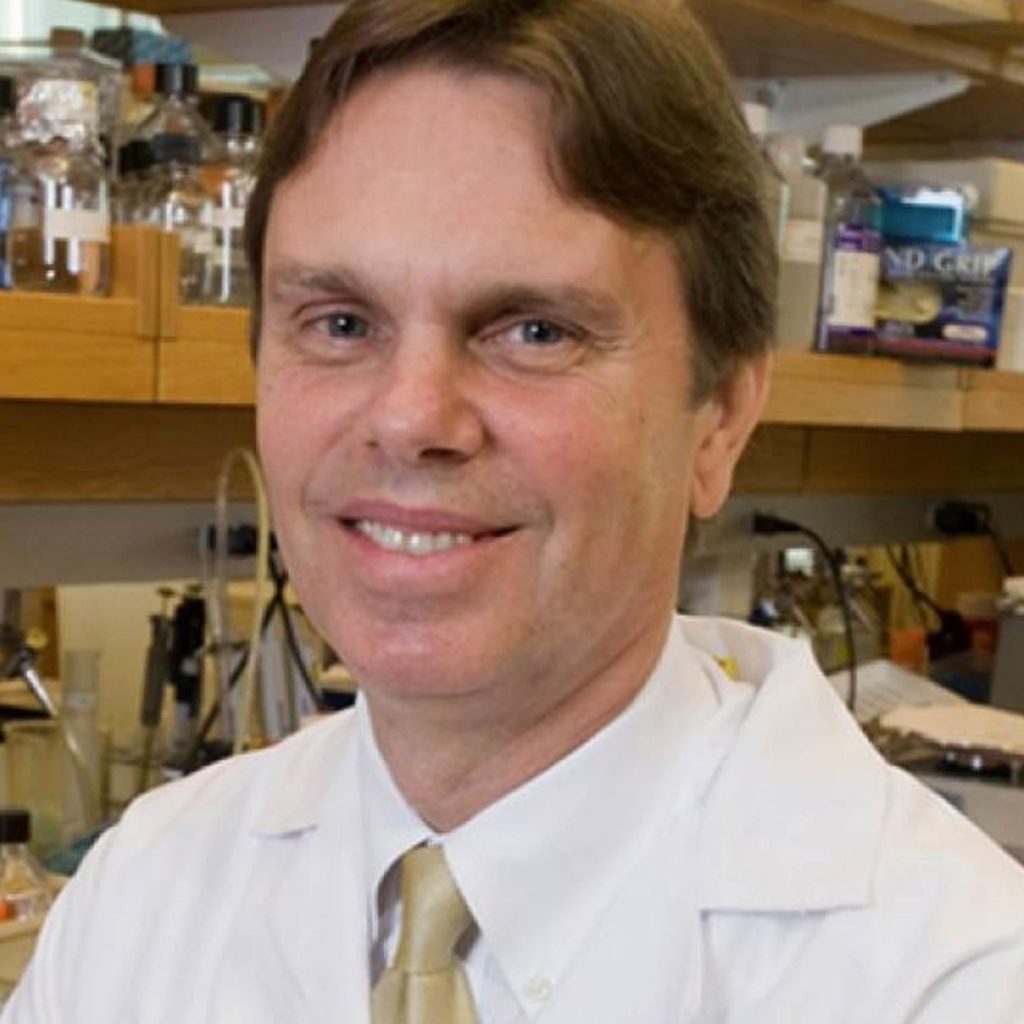Director of the Penn Center for Orphan Disease Research & Therapy University of Pennsylvania Perelman School of Medicine
Dr. Sweeney’s research program addresses the molecular basis of cellular movement and force generation. His approach encompasses investigations on single molecules, single cells and whole organisms. At the level of the single molecule, the work examines the basic design and function of the molecular motor, myosin. These studies combine protein engineering with biochemical and structural analyses. At the level of isolated cells (cultured myocytes), the research program has two aspects: 1) investigation of the role of various proteins either in the generation of force, or in the transmission of force across the cell membrane, and 2) the process of assembly of the contractile apparatus.
Studies at the whole animal level involve gene transfer into muscle (both germline and somatic cell). Somatic cell gene transfer (utilizing viruses) allows the assessment of acute alterations in cell structure and function following viral-driven expression of a single protein. In response to acute changes in properties, feedback pathways intrinsic and extrinsic to the muscle cell signal alterations in the muscle gene expression program that result in an adaptive response. This new approach allows critical evaluation of principles of muscle cell design as well as evaluation of possible causes of and treatments for muscle diseases.
Currently, Dr. Sweeney is studying two diseases, Duchenne muscular dystrophy and hypertrophic cardiomyopathy, with this approach.
